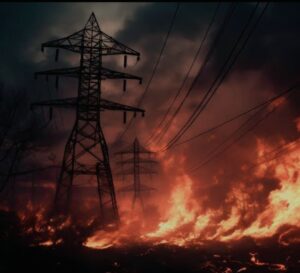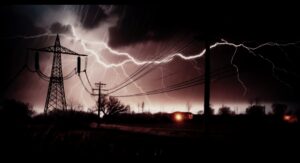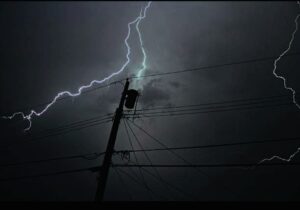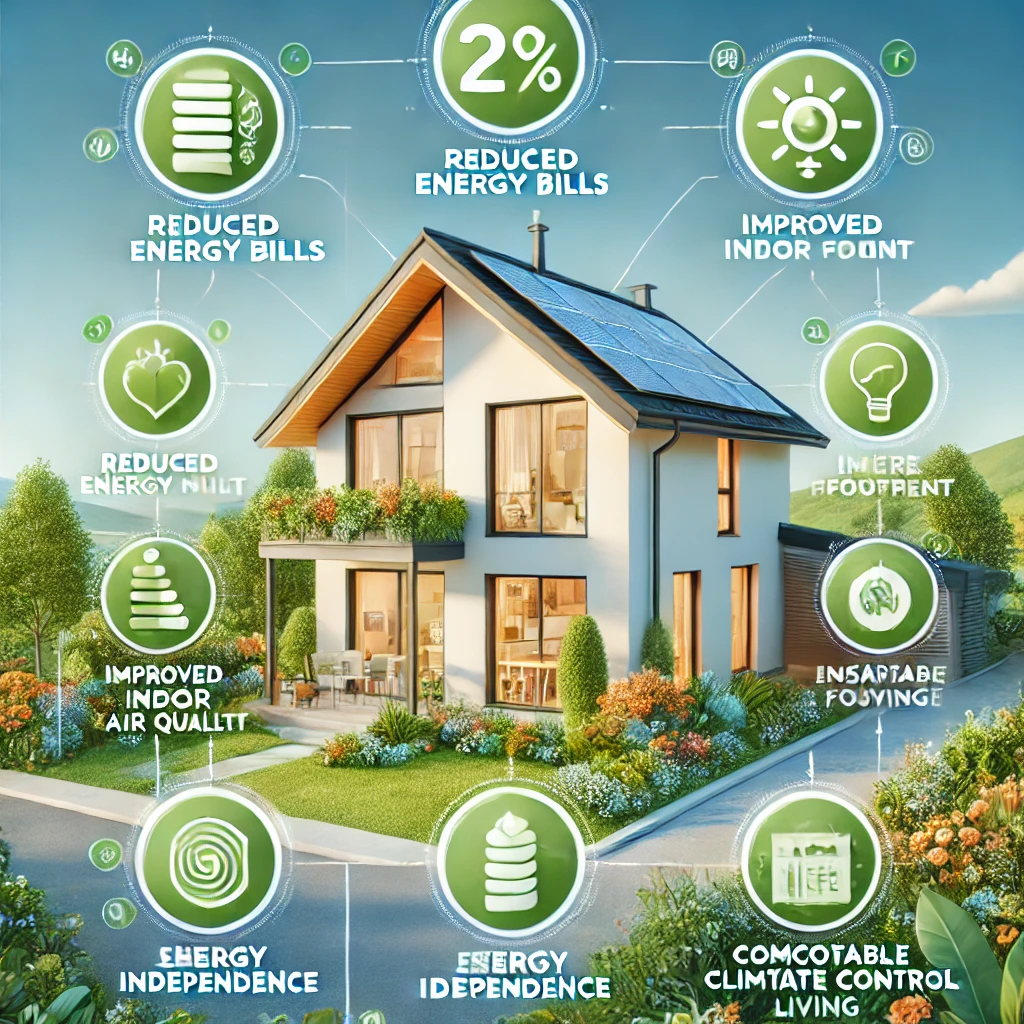Power outages, whether caused by storms, equipment failure, or planned maintenance, can range from minor inconveniences to serious disruptions. Proper preparation is essential to minimize the impact on your daily life and safety. Here’s a detailed guide on how to prepare for a power outage, covering key points that address all concerns.
Create an Emergency Plan
Having a plan in place ensures that everyone in your household knows what to do in case of a power outage. Consider these steps:
Family Communication Plan: Establish how family members will communicate if they are separated during an outage. Have a list of emergency contacts.
Evacuation Routes: Identify potential evacuation routes if the outage is prolonged and severe.
Special Needs: Ensure that individuals with special needs, such as medical devices that require power, have backup plans.
Assemble an Emergency Kit
Having an emergency kit can make the difference between comfort and confusion during a power outage. Essential items include:
Flashlights and Batteries: Avoid candles due to the fire hazard. Flashlights and battery-powered lanterns are safer and more reliable.
Portable Power Banks: These can be used to charge phones or small devices during an outage. Keep them charged and ready.
First-Aid Kit: It Includes bandages, antiseptics, Casual medicines as well as necessary medications.
Food and Water: Have non-perishable food and a gallon of water per person per day for at least three days.
Manual Can Opener: If you rely on canned goods, ensure you have a non-electric opener.
Whistle or Signal Device: Useful for attracting attention if you need help.
Backup Power Solutions

Consider alternative power sources to maintain essential functions:
Portable Generators: If you have a generator, ensure it is properly fueled, maintained, and tested. Never run it indoors or in enclosed spaces due to the risk of carbon monoxide poisoning.
Solar Chargers: These are excellent for small electronics like phones and tablets. They are environmentally friendly and don’t rely on fuel.
Uninterruptible Power Supply (UPS): These devices provide short-term backup power for essential electronics such as computers and internet routers.
Protect Electrical Appliances
Sudden power outages and subsequent surges can damage sensitive appliances. Here’s how to protect them:
Unplug Electronics: As soon as the power goes out, unplug computers, TVs, and other sensitive devices to prevent damage from power surges when the electricity returns.
Surge Protectors: Use surge protectors for critical electronics to prevent them from being damaged during a power surge.
Keep Your Food Safe
Food safety is a major concern during power outages, especially when refrigeration is lost:
Stop Refrigerator Openings: Keep refrigerator and freezer doors closed. A full freezer will maintain its temperature for about 48 hours, and a refrigerator will keep food cold for about four hours.
Use a Thermometer: Place a thermometer in your refrigerator and freezer. Foods are safe as long as the temperature stays below 40°F (4°C).
Coolers and Ice: If the outage is expected to last, transfer perishables to coolers filled with ice.
Prepare Your Home for Cold or Heat
Power outages during extreme weather can lead to dangerously high or low indoor temperatures:
Insulate Your Home: In colder months, ensure that windows and doors are sealed to retain heat. Blankets and extra layers of clothing can help you stay warm.
Use Fireplaces or Wood Stoves: If you have a fireplace or wood stove, ensure you have a stockpile of wood. Never use gas ovens or grills indoors for heating, as they can produce carbon monoxide.
Stay Cool in Summer: In hotter months, close blinds and curtains to keep the house cool. We should take plenty of water to avoid dehydration.
Stay Informed

During a power outage, staying informed about the situation can provide you with critical updates:
Battery-Powered Radio: Keep a battery-powered or hand-crank radio to receive news and weather reports, especially if the outage is widespread.
Sign Up for Alerts: Many local governments provide emergency text or email alerts for outages, storms, or emergencies.
Check on Neighbors and Vulnerable Individuals
During an outage, check on elderly or disabled neighbors, friends, or relatives who might need help. Ensure they have the necessary supplies or offer assistance in relocating them to safer locations if needed.
Protect Water Supply
If you rely on a well, your water pump may not function during a power outage:
Stockpile Water: Store enough drinking water to last several days for each member of your household.
Fill Bathtubs: Before an outage (if you have warning), fill bathtubs or large containers with water for flushing toilets or other non-drinking purposes.
Medical Needs when Power Outage

If anyone in your household has medical equipment that requires power:
Battery Backups: Ensure that you have battery backup for medical devices like oxygen machines or CPAP devices.
Talk to Your Doctor: Discuss your emergency plan with your healthcare provider. Some communities offer priority restoration services for households with critical medical needs.
Pet Safety
Pets are also affected by power outages:
Prepare Pet Food: Ensure you have enough non-perishable food for your pets.
Water Supply: Like humans, pets need a steady water supply. Stock up on extra water for them.
Know When to Evacuate
In some cases, staying in your home during a prolonged power outage might become dangerous, especially if temperatures are extreme:
Monitor Conditions: Stay alert for emergency advisories and evacuation orders. If conditions deteriorate, consider moving to a safer location, such as a community shelter.
Conclusion: Be Prepared, Stay Safe
Power outages are unpredictable, but by following these preparations, you can stay safe, comfortable, and informed. By assembling an emergency kit, planning for power disruptions, and protecting your home, you’ll minimize the impact of an outage and ensure the safety of your family.
Preparation is key, and with the right planning, you can handle power outages effectively without unnecessary stress or disruption.
Frequently Asked Questions
- Q. What should I do during a power outage?
During a power outage, unplug appliances, use flashlights, and keep refrigerator doors closed to conserve cold air.
- Q, How long does food stay safe during a power outage?
Food in the refrigerator stays safe for about four hours, and in a full freezer for up to 48 hours, if kept unopened.
- Q. Can I use Generator during power outage?
You can safely use a generator outdoors, at least 20 feet away from your home, to avoid carbon monoxide poisoning.
- Q. How can I stay informed about the duration of the power outage
Stay informed by signing up for outage alerts from your utility provider or checking their website and local news stations.
- Q. What are some ways to prepare for an extended power outage?
Prepare for extended outages by stocking up on water, non-perishable food, and emergency supplies like flashlights and batteries.




